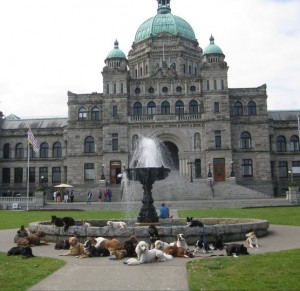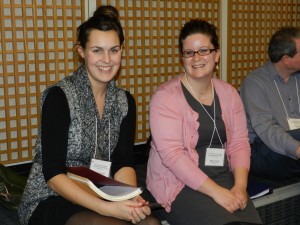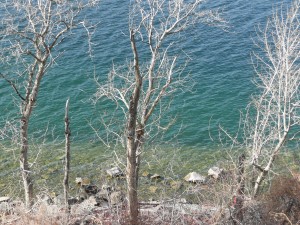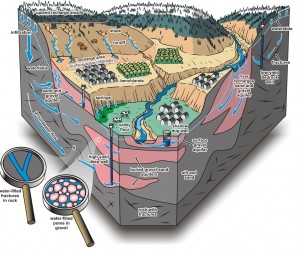“Patience, time and money accommodate all things.” – Spanish Proverb
BC is in the middle of another resource development boom. Water isn’t one of them, but as always, is central to everything.
More than 100 years ago, the Water Act was created to bring order to the mining industry. Prospectors needed flumes to wash the gravels and extract the ores, and they needed to know that the guy upstream wouldn’t divert the flow.
Times have changed, and the resources are different. The new gold is natural gas, along with hydro-power, expansion of irrigated agriculture and the thirst of growing cities. The Water Act is being updated as the Water Sustainability Act, to protect the needs of the new economy while also protecting natural water systems.
We’ve had waves of opportunities for public comment, starting in 2008 when the Premier’s office released Living Water Smart, their plan for BC’s water future. Now, years later, we are seeing how our recommendations have been weighed and measured, in the final legislative proposal released on October 18th.
This is really an historic time and when the Act passes the legislature this coming spring, we’ll be throwing a big party. On the other hand, turning the law into regulations and making the changes they’re calling for will take active, tenacious involvement of everyone who cares about water. It will be a tall task with ticklish trade-offs.






